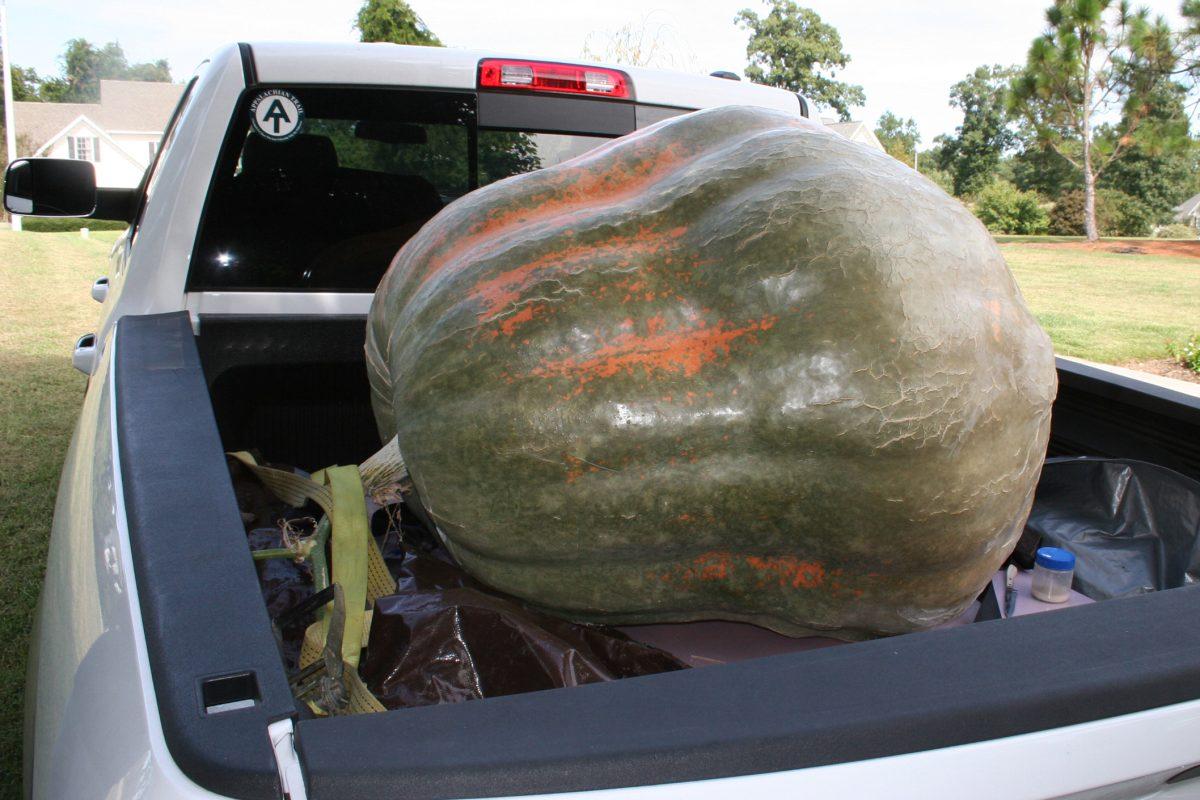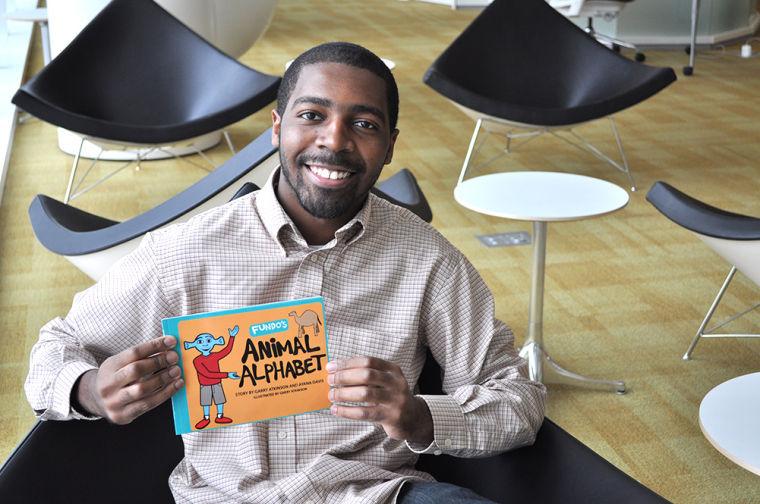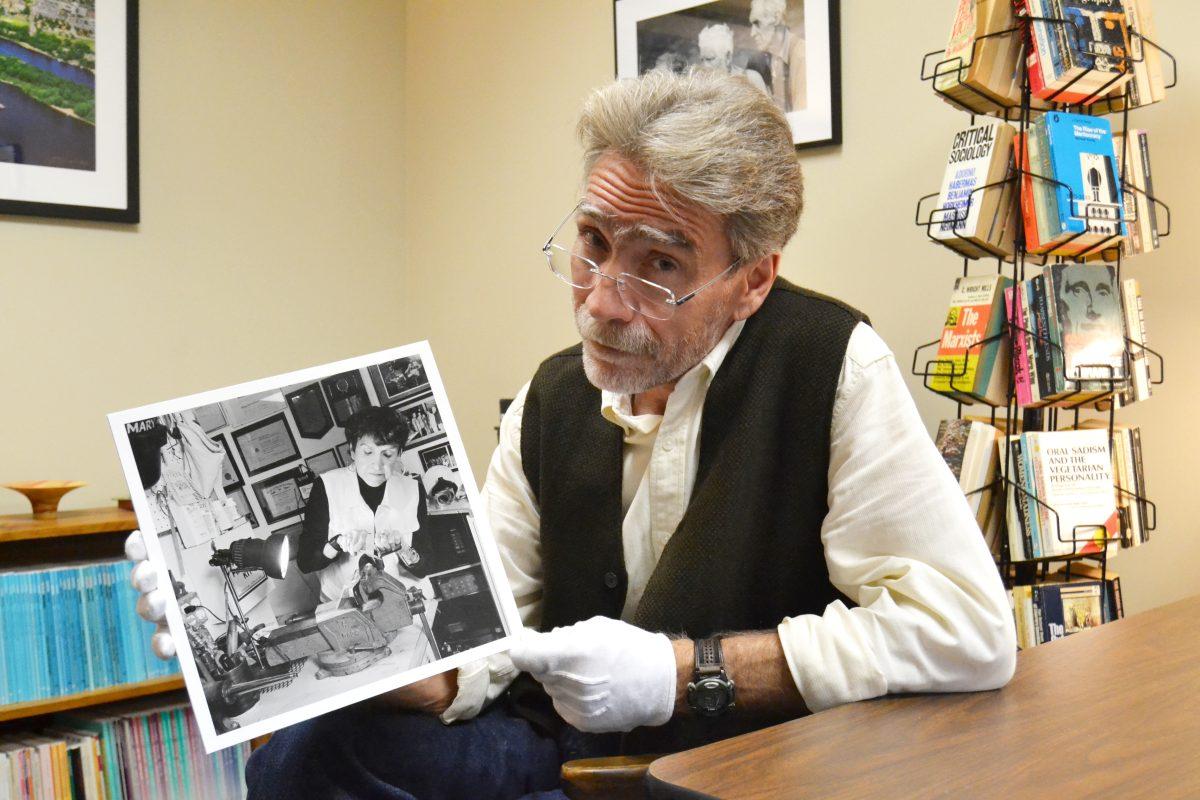Scott Heath has been chased through a bar by a masked vigilante with a water gun, caught by elaborate setups and forced to sneak out the back door of a grocery store to evade capture.
He has even received a message tucked inside a sandwich he ordered for lunch that said, “Enjoy your last meal. I’m coming for you.”
It’s all because of Raleigh Wars, a city-wide game of “Assassins” that henchman and administrator Heath describes as a “real-life gaming engine.”
In the latest Assassins installment which began Saturday, game administrators gave each of the 71 players a target. Until April 27, players will attempt to take out their targets with a water gun while avoiding being sprayed by their assassin. Should a player eliminate his target, he moves on to the victim’s target.
Administrators keep track of “kills” on the Raleigh Wars website where people tell their stories and compete for the top prize: a coveted golden water gun. Awards are given for surviving the game, having the most kills and being the most ruthless, clever or honorable assassin.
This version of Raleigh Wars was started eight years ago, but it was just one of many pen-and-paper role-playing games.
“You would write everybody’s names down, and then you’d assign targets,” Heath said. “Then there would be one person who would manage all this stuff. Even with just twenty people it was still a big hassle.”
However, finding that they had too many people that wanted to participate, the creators of Raleigh Wars set themselves apart their second year by creating what Heath described as a “very ugly website” that helped keep track of kills. After that, Heath said, they always wanted to take it to another level.
Now Heath and the founders of Raleigh Wars have a much more functional website — they’ve started a business around their game-platform website called Subrosa. From there they host Raleigh Wars and other community-based games.
The idea of the website was to allow anyone in the community to set up a variety of games like water gun tag or zombie tag, creating start and end times, updating rules and keeping score.
Subrosa has organized games here in Raleigh, Chapel Hill, Missouri and is working on plans for a game to take place in South Korea.
Heath said he also tries to integrate text messages. During Raleigh Wars, for example, administrators text players the location of checkpoints. Players must get a code at the checkpoints and text them back to keep playing. This forces players into a common play-space so they can interact.
Heath said he is optimistic for future games and believes this form of social media will become easier to participate in as technology progresses.
“These real-life interactive games that are powered by technology and websites will only become more and more popular,” Heath said. “Building these tools allows people to express themselves more creatively.”
While Subrosa is a business, Heath said the goal was never to earn money.
“Gaming builds teamwork,” Heath said. “It builds community. Helping with that has always been really rewarding — that’s kind of the long term goal. Short term has always been just to have fun.”
Raleigh Wars is also sponsored by local businesses that want to strengthen the Raleigh community. Sponsors are providing prizes to the players that win the game.
Moonlight Pizza, one of the sponsors, got involved because it had an employee play last year.
“We’re a local establishment, so we see it happening,” Matt Watts, a server at Moonlight Pizza, said.
Escazú, a gourmet chocolate factory, is also a sponsor.
“I thought it was a really fun idea and kind of an interesting way to get a whole bunch of people that might not necessarily know each other involved in something communal,” said Hallot Parson, the cofounder of Escazú.
He will also be participating for the first time this year.
“I don’t anticipate that I’m going to survive very long,” Parson said, laughing. “I’m just doing it for the fun.”






